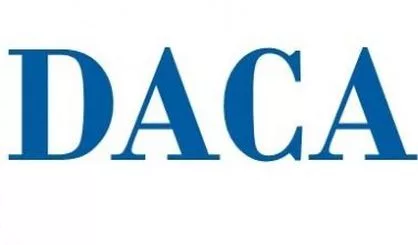
It’s been just under six years since WSJM spoke with a young woman seeking to remain in the United States via the Deferred Action for Childhood Arrivals program, or DACA. Luz was in her early 20s and attending Lake Michigan College when she told us she was afraid of being deported to Mexico, a country she hasn’t been to since she was brought to the U.S. as a baby. Luz was approved for DACA in 2017, and six years later, she’s just graduated from Western Michigan University with a degree in physics. She tells us it’s DACA that’s enabled her to do that.
“So far, I’ve had DACA, ever since,” Luz said. “Nothing has changed. I just keep renewing every two years.”
Now that she’s graduated, Luz is hoping to enter the aerospace field, possibly with further study. The status of DACA remains uncertain with the program not taking new applications. We asked Luz if she’s still afraid of what she was five years ago.
“I was afraid back then, and I’m still afraid now because it is undecided. They could take it away any moment and I could just be sent to Mexico and probably lose everything. That’s a fear that any of us who have DACA have constantly on their mind.”
Would she like to become a citizen?
“I would like to get citizenship at some point. The only thing is that I’m kind of starting to lose hope that’s ever going to happen. Hopefully, that’s not true.”
Luz knows of no path for her to do become a citizen, apart from getting married. She says she won’t do that. She hopes a path to citizenship for DACA recipients will be created but is losing hope, telling us with each election, there’s talk of fixing the immigration system, but it never happens. There are around 580,000 DACA recipients in the U.S. The program was created for those brought into the U.S. illegally as children, but who have lived here since.








